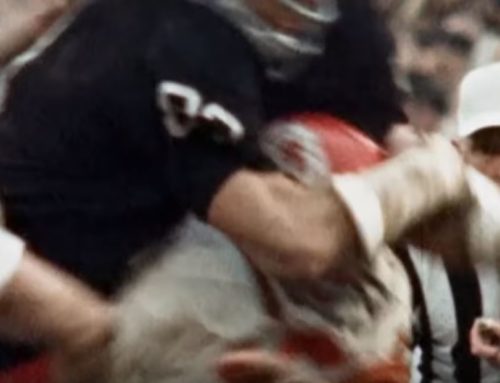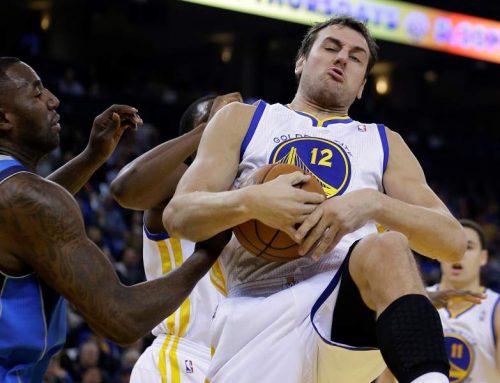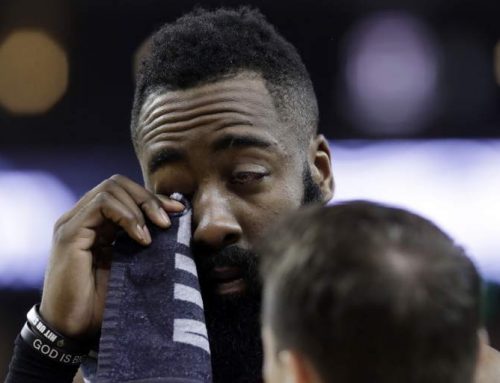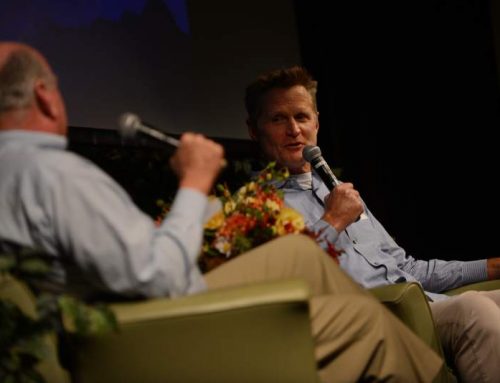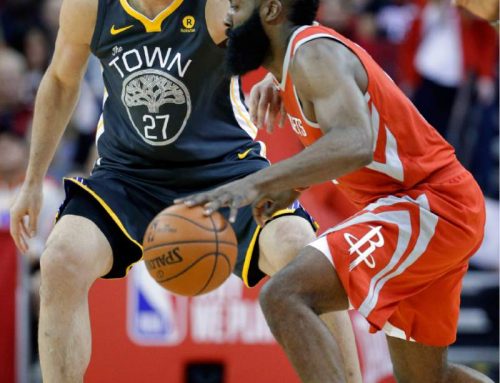I love Charles Woodson. I love him as an interview subject. No NFL player has ever been more candid, more unwilling to sugarcoat his own failings, and those of his team.
I love Woodson’s game, too. He’s a heady ballhawk and a courageous physical presence. Before he moved to safety, I felt he might have been the best tackling cornerback I’d ever seen.
So it pains me to write it: Charles Woodson is not the greatest defensive back in NFL history. Let’s be honest here. He’s not even in the conversation.
Why would I hazard such a negative declaration about a local icon? Because the topic keeps coming up on Twitter, on TV, in the newspapers. With Woodson defying the aging process and enjoying an unexpectedly spry season at the age of 39, including five interceptions and a league-best four fumble recoveries, people have begun to anoint him. Notably, Rodney Harrison – an outstanding safety in his own right – called C-Wood the greatest DB ever. Others have wondered aloud if he’s the man.
And he might have been, if he had played his entire career in Green Bay.
Woodson played like a first-ballot Hall of Famer during his seven seasons with the Packers (2006-2012). He was twice an all-pro there. He was the NFL Defensive Player of the Year in 2009. The year after that he helped the Pack win a Super Bowl.
In Green Bay, we saw the Charles Woodson we had always been promised. He was a leader. He wasn’t just strong and fast, he was smart, disciplined, nurturing of younger players. He intercepted 38 passes in seven years and scored 10 defensive touchdowns.
The thing is, that Charles Woodson, and the one we are witnessing now – a step or two slower but still a valuable defensive leader – makes it easy to forget the guy who spent his first eight years in Oakland.
I remember Willie Shaw, the Raiders’ defensive coordinator when Woodson was drafted in 1998, telling me about a cornerback’s typical transition from college to the NFL. Shaw used the analogy of bike pedals. At first, they were spinning too fast for a young corners to get in sync with; it took a couple years to catch up. Not so for Woodson, he said. The Heisman Trophy winner came into the league, stuck his feet right on the pedals and was off and riding.
And that was part of the problem. Woodson was so absurdly gifted as a football player that he didn’t really have to work at it. And few NFL players coasted more than he did in those early years. Woodson probably spent less time in the weight room than you did, and maybe even less than that in his playbook. He knew he could show up on Sundays and compete with the best receivers in the league.
Off the field, Woodson liked to have a good time and didn’t always show good judgment. He was charged with a DUI in 2000. He and teammate Marques Anderson were arrested for suspicion of public intoxication in 2004.
Woodson’s teammates tolerated it all, because (a) the culture around Raiders headquarters in those days was, shall we say, loose, (b) he still managed to be one of the best players on the team and (c) nobody gave more effort than C-Wood during the 60 minutes of a game.
But an all-time great? Not in those days. Woodson made interceptions, charged into the hole for tackles and scored a couple touchdowns before the Raiders let him walk in 2006. He also gave up far too many completions for a man of his talents. He was voted to the Pro Bowl each of his first four seasons, but it came largely on reputation.
Woodson’s seven years in Green Bay, and his late-career swan song in Oakland, make him a Hall of Famer. But to suggest he’s the greatest defensive back ever is to ignore guys like Ronnie Lott, Deion Sanders and Ed Reed who excelled throughout their entire careers. Heck, Charles wasn’t even the best Woodson. His current position coach, Rod Woodson, was equally brilliant and far more consistent as a player.
I know these statements are brutally honest. How better to honor the most brutally honest player I’ve covered?

